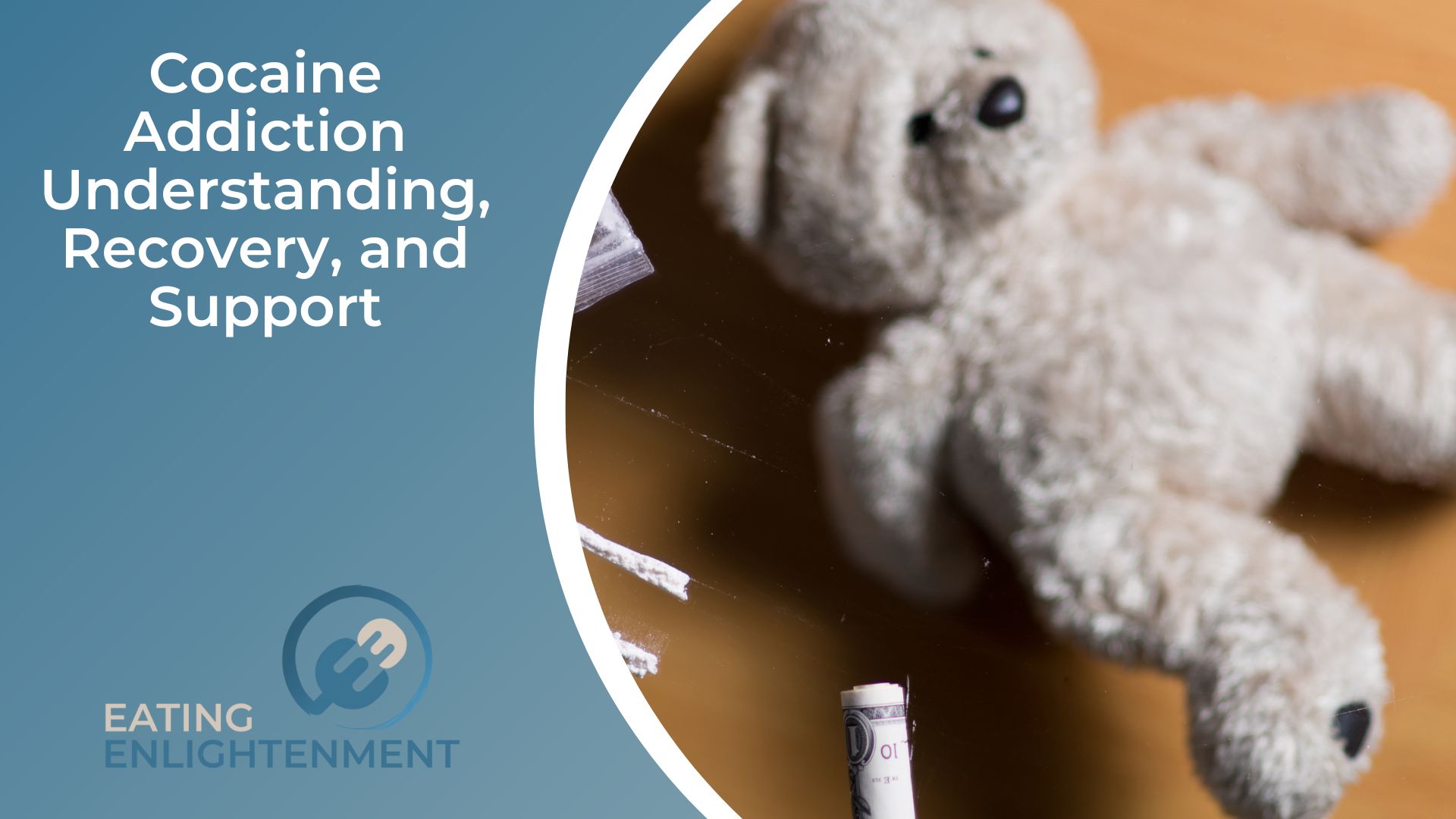Cocaine addiction is a pervasive issue affecting individuals worldwide. Understanding this addiction, its effects, treatment options, and support systems is crucial for those affected and their loved ones. In this comprehensive guide, we delve into the intricacies of cocaine addiction, offering insights and strategies for recovery and support.
Understanding Cocaine Addiction
Cocaine addiction, also known as cocaine use disorder (CUD), is a complex condition characterized by compulsive cocaine use despite negative consequences. Understanding the factors contributing to cocaine addiction is essential for addressing and overcoming this issue.
Causes of Cocaine Addiction
Cocaine addiction can stem from various factors, including genetic predisposition, environmental influences, and psychological vulnerabilities. Genetic factors may increase an individual’s susceptibility to addiction, while environmental influences such as peer pressure and trauma can also play significant roles.
Effects of Cocaine Addiction
The effects of cocaine addiction extend beyond the individual, impacting their physical health, mental well-being, relationships, and overall quality of life. From cardiovascular complications to mood disturbances and social isolation, the ramifications of cocaine addiction can be severe and far-reaching.
Signs and Symptoms
Recognizing the signs and symptoms of cocaine addiction is crucial for early intervention and treatment. Common indicators include increased tolerance, withdrawal symptoms, neglect of responsibilities, financial difficulties, and changes in behavior and mood.
Treatment Options
Overcoming cocaine addiction requires a multifaceted approach that addresses the physical, psychological, and social aspects of the condition. Several treatment options are available to support individuals on their journey to recovery.
Therapy Options
Therapeutic interventions such as cognitive-behavioral therapy (CBT), contingency management, and motivational enhancement therapy can help individuals modify their behaviors, manage cravings, and develop coping strategies to prevent relapse.
Medication
Medications such as disulfiram, topiramate, and modafinil may be prescribed to reduce cocaine cravings, alleviate withdrawal symptoms, and support long-term abstinence. However, medication-assisted treatment should be combined with psychosocial interventions for optimal outcomes.
Support Groups
Participating in support groups such as Narcotics Anonymous (NA) or SMART Recovery can provide individuals with peer support, encouragement, and accountability throughout their recovery journey. Connecting with others who understand their experiences can be immensely beneficial for individuals struggling with cocaine addiction.
Prevention Methods
While preventing cocaine addiction entirely may not be possible, proactive measures can help reduce the risk of developing a substance use disorder.
Education and Awareness
Educating individuals about the risks associated with cocaine use, including its addictive potential and adverse health effects, is crucial for prevention. Increasing awareness through community-based initiatives, school programs, and public health campaigns can empower individuals to make informed choices regarding substance use.
Addressing Risk Factors
Identifying and addressing risk factors such as trauma, mental health disorders, and peer influences can help mitigate the likelihood of developing cocaine addiction. Early intervention and support for at-risk individuals can prevent the progression of substance use disorders.
Building a Support Network
Creating a supportive environment that fosters resilience and healthy coping mechanisms is essential for preventing and addressing cocaine addiction. Building strong social connections, seeking professional help when needed, and promoting open communication within families and communities can serve as protective factors against substance abuse.
Recovery Journey

Embarking on the path to recovery from cocaine addiction requires courage, determination, and support. While the journey may be challenging, it is possible to overcome addiction and lead a fulfilling life free from the grip of cocaine.
Initial Steps
The first step towards recovery is acknowledging the problem and seeking help. Whether through self-referral or professional intervention, reaching out for support is a crucial milestone on the journey to recovery. Detoxification, followed by comprehensive treatment and ongoing support, sets the foundation for long-term sobriety.
Overcoming Challenges
Recovery from cocaine addiction is not without its challenges. Individuals may encounter obstacles such as cravings, triggers, and setbacks along the way. However, with perseverance, resilience, and the support of loved ones and healthcare professionals, it is possible to overcome these challenges and stay on the path to recovery.
Maintaining Sobriety
Maintaining sobriety requires ongoing commitment, self-awareness, and proactive strategies to prevent relapse. Engaging in healthy activities, attending therapy or support groups, practicing stress management techniques, and cultivating a fulfilling lifestyle can help individuals sustain their recovery journey and build a brighter future.
Support for Loved Ones
Cocaine addiction not only affects the individual struggling with addiction but also takes a toll on their loved ones. Providing support and understanding to those impacted by addiction is essential for fostering healing and resilience.
Understanding Addiction
Educating oneself about the nature of addiction, its effects on behavior and relationships, and available resources for support is crucial for family members and friends of individuals struggling with cocaine addiction. Compassion, empathy, and non-judgmental support are essential components of helping a loved one navigate their recovery journey.
Providing Support
Offering practical assistance, emotional support, and encouragement can make a significant difference in the recovery process. Whether through active listening, assisting with daily tasks, or accompanying them to therapy sessions, demonstrating unwavering support can empower individuals in their quest for sobriety.
Taking Care of Yourself
Caring for a loved one with cocaine addiction can be emotionally taxing and physically draining. It is essential for caregivers to prioritize their own well-being, set boundaries, and seek support from their own network of friends, family, or support groups. Self-care is not selfish but necessary for maintaining resilience and compassion in the face of adversity.
Conclusion
Cocaine addiction is a challenging condition that requires comprehensive treatment, unwavering support, and a commitment to change. By understanding the complexities of addiction, accessing appropriate treatment, and fostering a supportive environment, individuals can embark on a journey of recovery and reclaim control of their lives.



